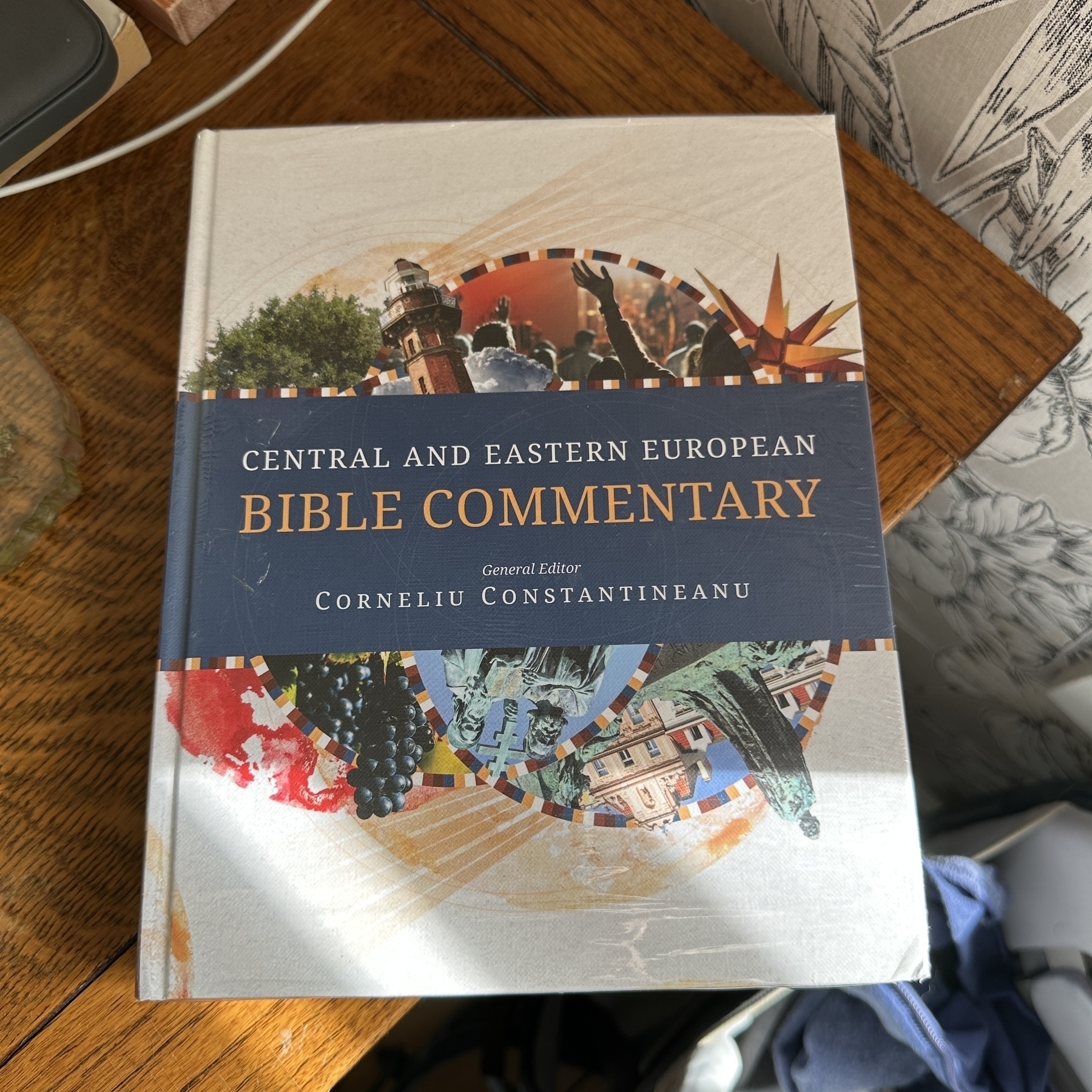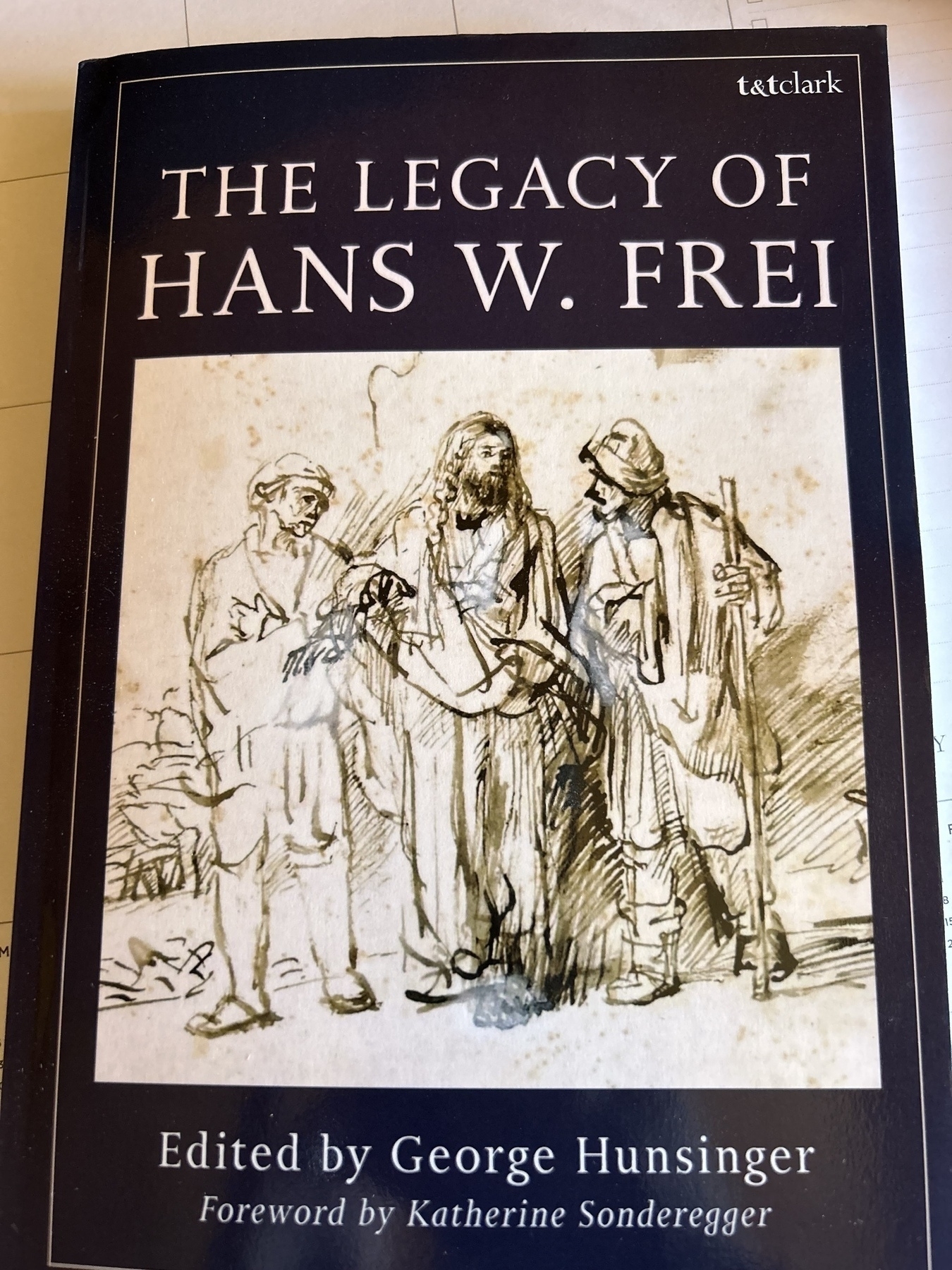I guess I never posted a link to the last (s)newsletter, so here it is: “We need to be deriched.”
And here’s a drafted post from February that was supposed to follow it:
On a longed-for Friday night in February after three 12-hour shifts, I hit the road to Randolph, NH for a little weekend skiing. Driving somewhere just north of Lincoln, lost in some ubiquitous podcast, I felt a presence in the dark around me. And I knew what it was even before I leaned over the steering wheel and squinted past the headlights to see that barely moon-visible Franconian silhouette surrounding me on all sides.
I love the mountains. And I love those Appalachian Whites. Here’s a little 3-second exposure, 10-pm view looking south at the Presidential Range.

That’s Madison front and just left of center, and Adams to its right, a little more snow-covered. The still-bald false peak of Quincy Adams sits between them.
I don’t do a lot of backcountry skiing, but it’s a pretty good derichment activity. If simply being in the woods is not enough for you, you aren’t likely to have a good time. Out of the 8+ hours spent several miles back in the Crescent Range, at least 95% is spent just skinning, mostly uphill. Twenty minutes of downhill powder is about all you get.
And I know I speak for more than just me when I say it’s not really that you find the downhill to be worth the work to get there, though that certainly applies. It’s that it’s all worth it, all lovelily deriching.

Man, I have not listened to Darrell Scott in a while. Came across this post-COVID recording of “It’s A Great Day To Be Alive.”
You can listen to the entire Live At The Print Shop set and interview here (worth your time). Or a playlist from the set here.
For some reason, this one isn’t included in that playlist — “but I’m richer by far with a satisfied mind.”
When a random book shows up at the door, I usually know who to blame. My friend Luke never fails keep the semiannual gifts interesting.

Ambassador Mark Lagon: “Business people would use the term ‘return on investment,’ but I think stewardship is the right way to look at it.”
Against that backdrop, I have found birding—and spring migration, in particular—to be a salve. At a time of chaos, it offers consistency. Amid a sea of lies, it offers reality.
Wisdom from Willington • Given the choice between fun and dry shoes, always choose fun.
Auto-Exploitation, Positive Violence, and the Palliative Society — Another excellent shareable-with-anyone for those looking to have good conversations
📚 Happy New Book in the Mail Day! (I love it when a forgotten preorder shows up in the mailbox.)

The icon of St. Jack
